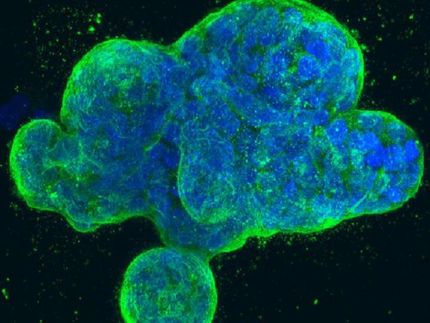Genta Acquires C-Myb Antisense Drug
Clinical-Stage Compound Targets a Key Cancer Control Gene
Advertisement
Berkeley Heigths. Genta Incorporated announced that it has acquired world-wide rights from Temple University to intellectual property and technology, and a novel antisense compound (LR3001) that targets c-myb, a central gene that regulates the growth of cancer cells. LR3001 was developed at Temple and has been tested in two Phase 1 clinical trials at the University of Pennsylvania in patients with drug-resistant myeloid leukemia. To date, clinical investigations have been supported by grants from the National Institutes of Health, including the Rapid Access to Investigational Drugs (RAID) program. A request for designation of LR3001 as an Orphan Drug for the treatment of chronic myelocytic leukemia (CML) has been submitted to the U.S. food and Drug Administration.
"C-myb was one of the first oncogenes to be characterized, and it is believed to play a central role in the growth and differentiation of cancer cells," said Dr. Raymond P. Warrell, Jr., Genta's Chairman and Chief Executive Officer. "Target selection is probably the most critical factor for the success of antisense in specific diseases. The role of c-myb in regulation of early stem cells is well established, and its targeting represents an important new opportunity for our RNA/DNA Medicines Program."
"I have known the oncology team at Genta for many years, and I believe they are ideally positioned to accelerate the development of this compound," said Dr. Alan M. Gewirtz, Professor of Medicine at the University of Pennsylvania. "I very much look forward to collaborating with Genta on this important clinical project." Dr. Gewirtz is a scientific leader in applications of oligonucleotides to understanding the regulation of cancer genes. His scientific work led to the development of LR3001, and he was instrumental in getting the drug into early clinical trials.
C-myb is a protein that binds DNA and acts as a transcription factor to regulate the function of a number of genes that are involved in the growth and differentiation of primitive cells. Genes that are up-regulated by c-myb include Bcl-2, Bcl-XL, c-myc, cyclin A1, cyclin D1, cdc2, and COX2. Over- expression of c-myb blocks differentiation, promotes proliferation, and decreases apoptosis. C-myb is expressed in early blood cells, and in neoplastic diseases that include cancers of the breast, pancreas and colon, malignant melanoma, and neuroblastoma.




















































